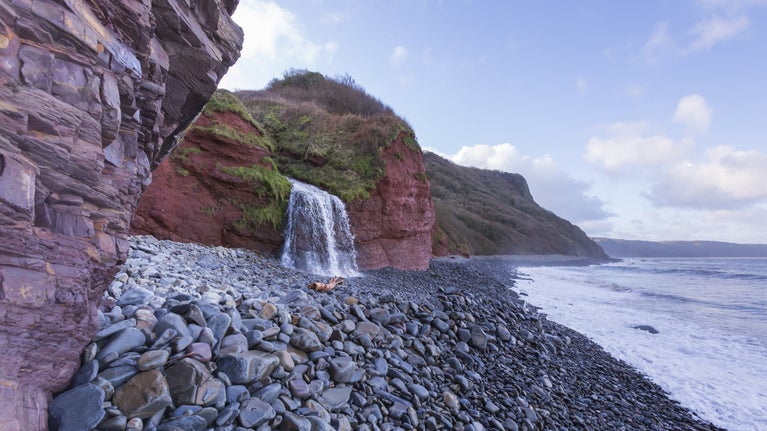
Nature conservation
From ancient trees to bees and butterflies, our places are full of life. We're working hard to safeguard nature for years to come.

More than 600 dead Arctic tern chicks have been recovered at Long Nanny on the Northumberland coast, making up more than a quarter of this breeding season’s young ones. Find out more about the disease that is threatening our bird colonies, and what we are doing to protect them.
All signs are pointing to bird flu as the suspected cause of these tragic events at this important shorebird site, especially in light of the devastating outbreak of bird flu on the Farne Islands, just off the Northumberland coast, 12 months ago.
However, we won’t know for certain if this is indeed the cause of these deaths until we receive confirmation from the Department for Environment, Food and Rural Affairs (Defra), where some of the dead birds were sent for testing. We expect these results back in the next 10 days.
Officially known as ‘avian influenza’, bird flu is a highly contagious virus that affects both wild and domestic birds and heavily impacts their health. In many cases, the birds do not survive the infection, and it is even possible for the disease to wipe out entire flocks.
These losses have devastating consequences for the biodiversity of our ecosystems, especially as many affected species, such as puffins, kittiwakes and many tern species, are already considered to be endangered.
More than 6,000 birds were lost to bird flu on the Farne Islands, also on the Northumberland Coast. The Islands will now remain closed to visitors for this year’s breeding season.

Long Nanny is the fourth site that we care for, either on our own, or with partners, that has reported cases of bird flu this year with cases also on the Farne Islands, Brownsea Island in Dorset and Cemlyn lagoons on Anglesey in Wales.
The season started so well, with more than 1,600 pairs of Arctic terns returning to breed this season – the highest number of breeding pairs at the site since 2018, and we had recorded 2,600 eggs. But, a couple of weeks ago we started to notice that some of the chicks were dying and since then we have picked up more than 600 dead Arctic tern chicks from across the site.
Our rangers have suspended any activity which may cause disturbance, such as clutch counts and raising nests above the tide – jobs that they would usually do to help the birds.
Visitors are asked to:
Additionally, footbaths are located at entry and exit points to the site to allow visitors to disinfect their footwear which also helps our rangers to reduce transmission of the disease.

From ancient trees to bees and butterflies, our places are full of life. We're working hard to safeguard nature for years to come.
We're urging everyone to help us stop the destruction of nature in the UK with the launch of Save Our Wild Isles, a joint campaign with charities RSPB and WWF. Discover a new documentary about the changes needed to save nature and find out what you can do to help.

Our new nature series, The Wild Life, is full of inspirational stories about protecting wildlife and harnessing the power of nature in a changing climate. Join our presenters as they explore five places in our care to find out how the climate crisis is affecting oceans, rivers, woodlands and grasslands.
